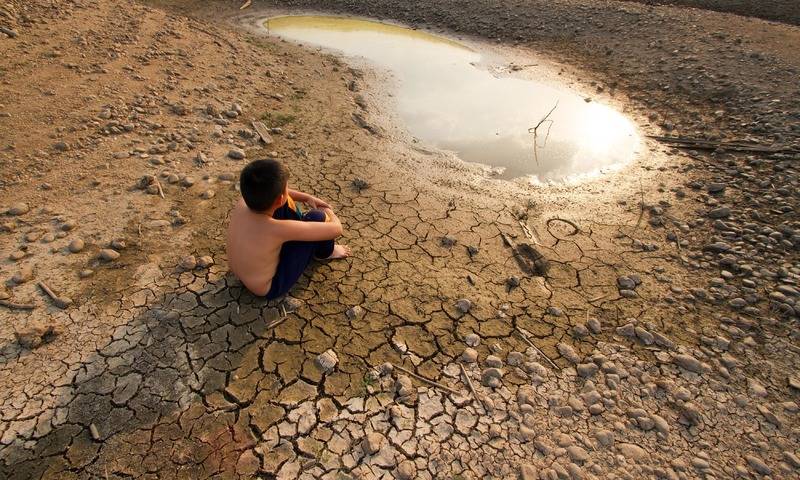The Article 25 of Universal Declaration of Human Rights (UDHR) guarantees right to adequate standard of living. Additionally, the article advocates right to: food, clothing, housing, medical care, social services, and security. Nevertheless, the impacts on human lives as a consequence of changing climate are not given sufficient attention. Perhaps, because the issue of climate security is accorded less important than that of national security. Incompetency to provide protection against climate change impacts is, certainly, fragrant violation of the Article 25.
Among the countries most affected by the impacts of climate change, Pakistan was ranked 7th by Global Climate Risk Index. Recurring events of floods, heat waves, and droughts pose serious harm to lives and livelihoods of the people. Every year the country suffers from a loss tantamount to billions of dollars, and millions of people have to be displaced, due to harsh climatic conditions. Recently, National Disaster Management Authority put forward Monsoon Report 2017, according to which 81 lives were lost, 117 people were injured and 103 houses were damaged, in total, in span of less than one month. Moreover, according to report of Global Change Impact Study Center, substantial decrease in crop yield is projected in different areas of Pakistan.
Climate induced cases of malnutrition, diseases outbreak, migration are mainstream for Pakistan. Already poverty stricken communities suffer more, and it adds further to their misery. Who is responsible for hearing the plea of those people? If office-bearers are not held accountable, then who should? Isn’t it the responsibility of government, human rights’ advocates and other so-called privileged member of communities, to provide relieve to such people? Everyone has a right to enjoy a standard life, but if some can’t then do that mean they should be abandoned? Aren’t they part of community, country and system?
Community involvement is vital for combating the devastating impacts of climate change, but this should focus on collaborative approach for effective outcomes. The country needs to incorporate the element of human rights while designing adaptation and mitigation measures, and vulnerable communities must be provided with education, resources and forum to participate in formulation of such measures. Only by enhancing the capacity of individuals, climate resilient communities can be built.






